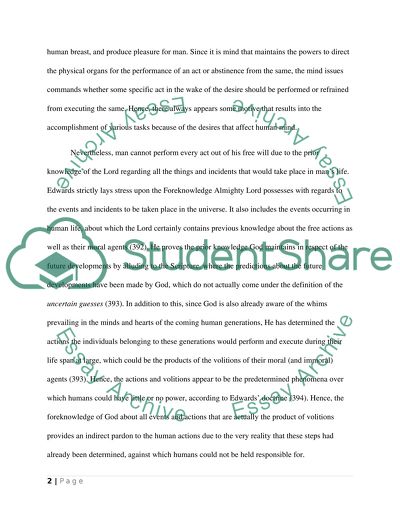Cite this document
(“Free will Essay Example | Topics and Well Written Essays - 1500 words”, n.d.)
Free will Essay Example | Topics and Well Written Essays - 1500 words. Retrieved from https://studentshare.org/philosophy/1480829-free-will
Free will Essay Example | Topics and Well Written Essays - 1500 words. Retrieved from https://studentshare.org/philosophy/1480829-free-will
(Free Will Essay Example | Topics and Well Written Essays - 1500 Words)
Free Will Essay Example | Topics and Well Written Essays - 1500 Words. https://studentshare.org/philosophy/1480829-free-will.
Free Will Essay Example | Topics and Well Written Essays - 1500 Words. https://studentshare.org/philosophy/1480829-free-will.
“Free Will Essay Example | Topics and Well Written Essays - 1500 Words”, n.d. https://studentshare.org/philosophy/1480829-free-will.


